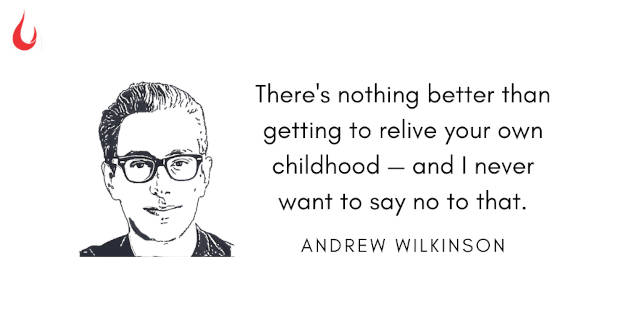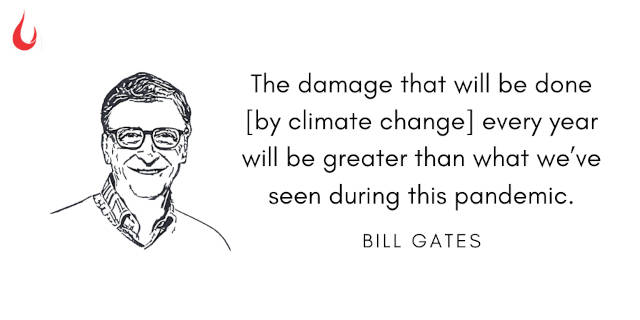[Image by Gerd Altmann from Pixabay]
Good morning,
Sometime yesterday, news trickled in that the hugely popular Paytm payment app has been yanked off Google Play for “repeat policy violations”. Our colleagues NS Ramnath and Charles Assisi were told its founder, Vijay Shekhar Sharma, is a maverick and is someone they must meet up with while they were at work on The Aadhaar Effect: Why the World’s Largest Identity Project Matters. Sharma declined to speak to them. But they pieced together how he thinks by listening to those who have seen him from close quarters.
Sharma was among the first to bid when the RBI formally gave the go-ahead to payments banks.
They write in the book: “With a licence in hand, he could see the door open to gain entry into the India Stack ecosystem. He had founded Paytm, a digital wallet, in 2010. If he got people hooked there, he figured it could eventually morph into a platform of consequence and much money could be made.
“In the short term, he was betting that if he could lure people from the middle and bottom of the pyramid to use Paytm, money deposited into the wallet would stay parked in an escrow account. Until people used it, he could earn money off the deposits—in financial parlance, the float.
“In the longer term, he knew that the more people used his wallet, the more data he would get about them. How to deploy it is where he applied his imagination—and bet the company’s future on. Those who have worked with him say he is the kind of person who can take punts that only somebody who understands India deeply can….
“A few hundred million people take the bus every day to travel from one city to another. Paytm made an offer: Use money from the wallet to book bus tickets, and get the trip insured for free. If they changed their mind up to six hours before the trip, the money would be refunded to use later. This cancellation policy was an insurance product of the kind that didn’t exist in the market. While other insurers tried to wrap their heads around how to beat this one, Paytm was gathering data on when Middle India and those at the bottom of the pyramid choose to travel most. They now know it is between Monday and Wednesday.
“Basis multiple experiments like this, Paytm has arrived at a playbook of sorts.
- Stay focused on the middle and bottom of the pyramid.
- The most important metric to measure is the number of users on the platform. That means, 1,000 less active users are better than 100 active users. Because even less active users bring data with them.
- Deploy every trick in the book to get people to transact. It is better to have 100 users conduct some form of micro transaction as opposed to 10 users who may choose to spend large sums of money. The more people transact, the more insights you gain into what is on their mind. Data matters.”
In this issue
- How to say no
- Why we are headed towards a harder problem than the pandemic
- Which Covid-19 personality type are you?
Have a good weekend!
How to say no
A narrative we’re hearing from several places is how tied up each person is, and how little time is left for the family, self and soul. That is why we thought this story about how Andrew Wilkinson, a partner at Tiny Capital, manages his life, is an eye-opener.

“A lot of people might be surprised by how empty my calendar is. Many CEOs seem to believe they have to wear themselves out working 9 to 9—they torture themselves, basically—but I think you can run a large company in two to three hours a day.
“Almost any CEO can get to that point, but it’s essential to have the right executive team, and it relies on an incredible amount of delegation.
“The last couple of years that I was CEO of MetaLab, I didn't get on the phone with clients, and I wasn't doing a lot of sales. I wasn't focused on product delivery, and I wasn’t doing hiring, other than key executives.
“At the end of the day, it comes down to being a leader who sets the high level strategy, goals, and culture.
“One of the mistakes that a lot of entrepreneurs make is they include themselves on the team. I think you’re a coach and you should be standing on the sidelines—cheering on the team, moving the right people in and out, and changing strategy as you need to.
“Personally, I think it’s a lot easier to run a company than people think—it just takes a while to figure this out. And the only way you’ll get there is by going through it. I know this because I’ve made all the mistakes!”
Dig Deeper
Why we are headed towards a harder problem than the pandemic
Five years before the novel coronavirus hit the world, Bill Gates warned that the world was not prepared to face a global pandemic. Just as we are experiencing the consequence of that, Gates, in an interview with Bloomberg, says that climate change is an even harder problem to solve than the pandemic.
He said: “The pandemic illustrates that the government didn’t look out for us despite the warnings that were out there. Climate fits that same paradigm. Sadly, the problem gets worse and worse, and there isn’t a solution like a vaccine where you can spend tens of billions of dollars and bring it to a close. No, climate change is much harder. The damage that will be done every year will be greater than what we’ve seen during this pandemic.”

He added: “Ignoring climate change is a gigantic mistake. It’s a very tough problem to solve, and it’s one that you have to start many decades ahead of when you want that solution deployed, because you’re talking about changing most of the physical economy of the world. Transport, industry, buildings, electricity, all of those things—and agriculture—contribute to emissions. For many of these sources of emissions, we have no solutions."
Dig Deeper
Which Covid personality type are you?

(Via WhatsApp)
This isn’t intended as a joke. We have a situation on hand. But those who believe in science seem to be in the minority. At least that is what anecdotal evidence tells us. What’s your take? Let us know on our Slack channel.
And if you missed previous editions of this newsletter, they’re all archived here.
Bookmark Founding Fuel’s special section on Thriving in Volatile Times. All our stories on how individuals and businesses are responding to the pandemic until now are posted there.
Warm regards,
Team Founding Fuel


